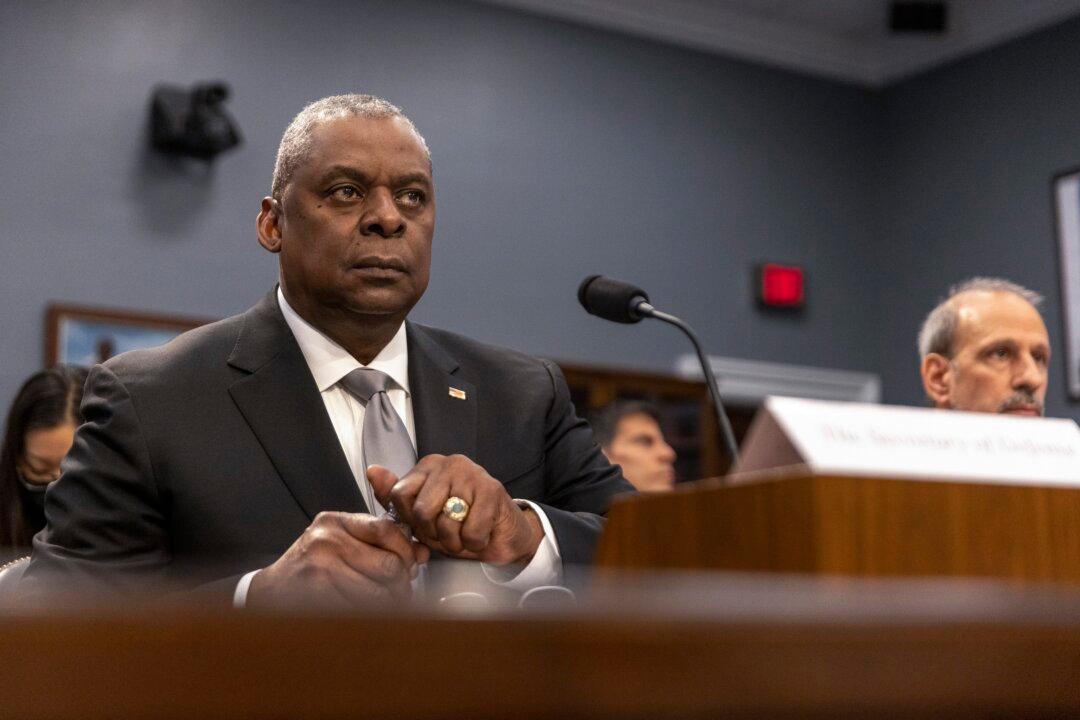Beijing has declined an invitation to meet with top U.S. officials this coming weekend, according to the Pentagon on May 29.
The decision effectively shutters the potential dialogue between Defense Secretary Lloyd Austin and Beijing’s new defense minister, Li Shangfu.





